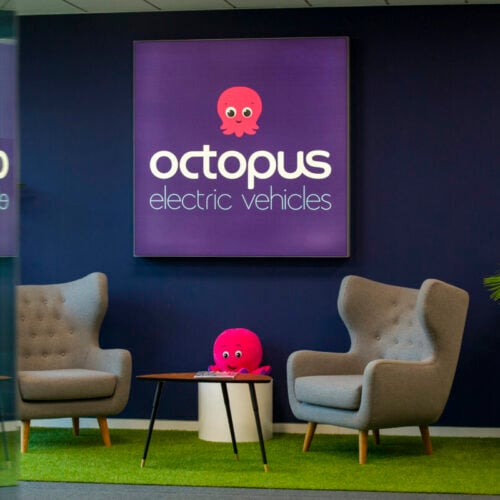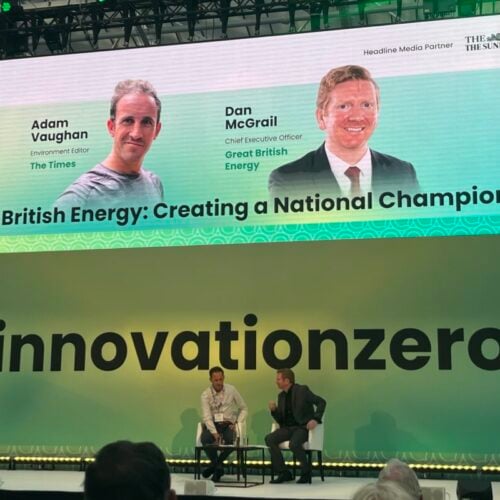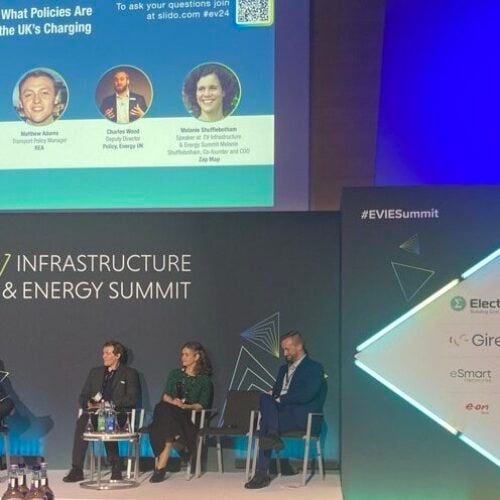The political debate over a net zero date risks “distracting attention” from the actions the next government will take, the UK Energy Research Centre (UKERC) has said.
In its 2019 review of the UK’s energy policy, the UKERC followed on from research it published last year that warned about the cost of a hard Brexit on consumers.
The review stated that the “continuing uncertainty” of Brexit has affected decarbonisation, describing the much-delayed Energy White Paper as being the “most recent casualty”.
Regardless of the outcome of Brexit, which is likely to be determined in this week’s General Election, close co-operation with the EU is likely to make achieving net zero easier, the report said.
Issuing a series of recommendations for future policy priorities, the report stressed the importance of focusing on the action that can be taken in the short term.
Jim Watson, director of the UKERC, said: “The recent political debate has focused too much on the target year for achieving net zero.
“Whilst it may be possible to achieve net-zero before 2050, this risks distracting attention from what the next government will do to reduce emissions over the next five years.”
The UKERC stressed the importance of clarifying and applying responsibilities for system resilience, including preventing, containing and recovering from interruptions to supply arising from disturbances, in a “more rigorous way” in light of the 9 August blackout.
Local energy systems have the potential to play a significant role in achieving net zero, but more resources and greater powers for Local Authorities will help in ensuring that potential is realised.
Ofgem’s decisions should also be compatible with net zero, including enabling investment in local electricity networks to facilitate heat and transport decarbonisation, and ensuring more active use of existing networks.
SSEN has outlined a similar suggestion for a “clear mechanism” that supports anticipatory investment to help networks prepare for net zero in its progress report, released last month.
Policies to support renewable electricity generation should be more ambitious and build on deployment and cost reduction success, such as the record low prices for offshore wind in the latest Contracts for Difference auction.
Action is also needed to ensure electricity market rules are fit for a fully decarbonised power sector, and there should be market creation policies for technology such as carbon capture and storage (CCS).
Further research and development of electrification, hydrogen and CCS technologies is “urgently” needed, with electrification of low-temperature heating and some higher-temperature combustion technologies having potential to reduce emissions across a range of sectors.
The report also looked at transport, concluding that net zero requires the phase out date of internal combustion engine vehicles to be brought forward to 2030 and the increase of larger cars including SUVs should be countered.
Jillian Anable said the rapid uptake of “unnecessarily” large and energy consuming vehicles “make a mockery of UK policy efforts towards the Road to Zero”.






